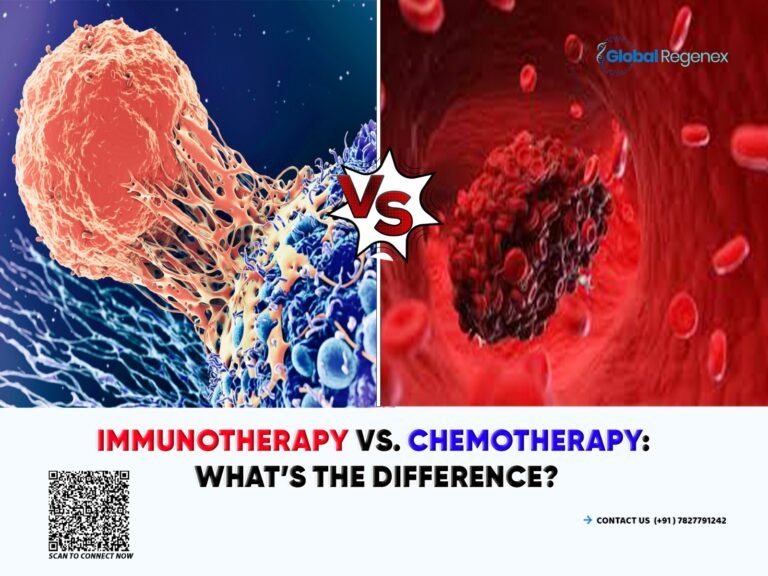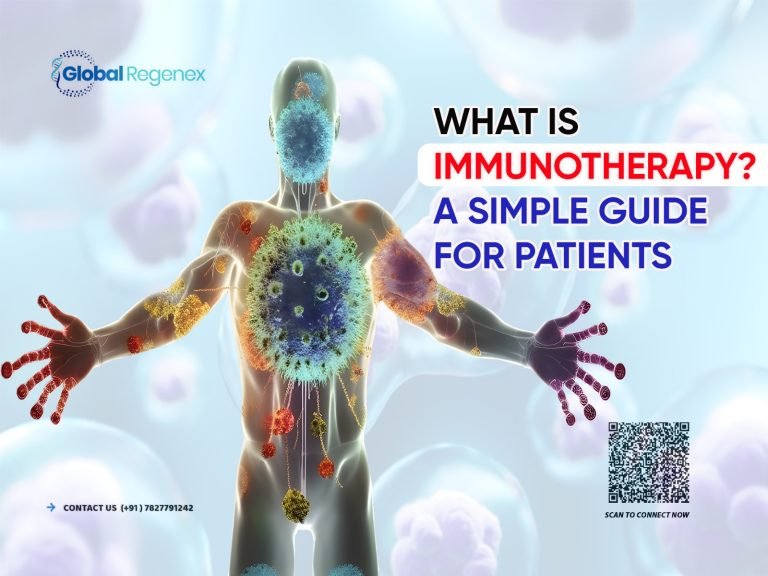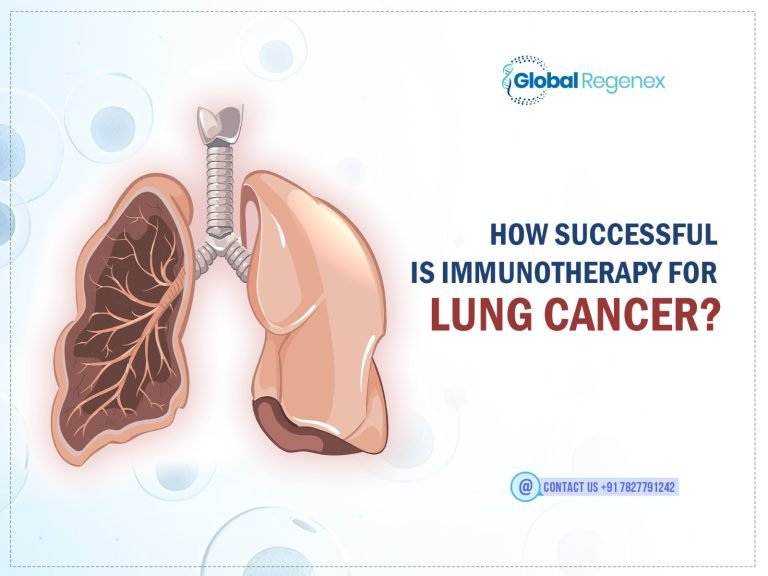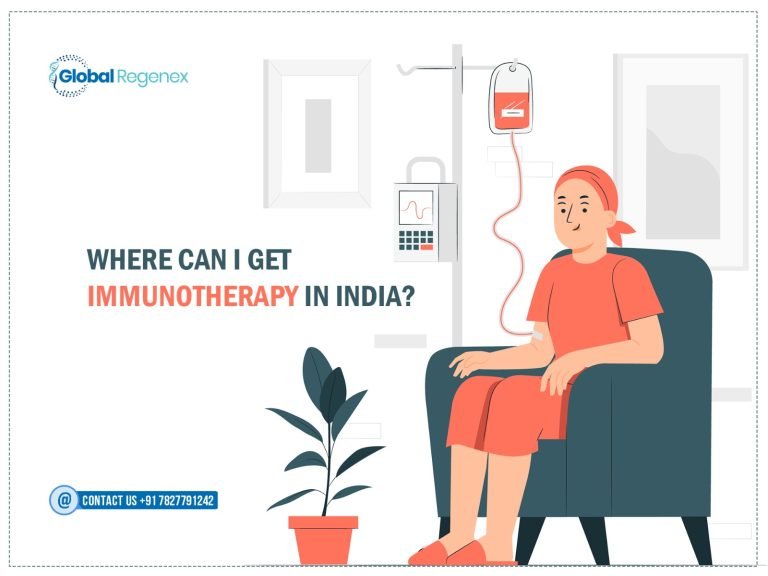
December 11, 2025
•
Global Regenex
Summary: As the cancer patients is increasing, so is the treatment evolving rapidly. One of the most promising combinations of...
Read More →

September 2, 2025
•
Global Regenex
Are you or someone you love struggling with figuring out the cancer treatment? Thousands of people are diagnosed with cancer...
Read More →

July 31, 2025
•
Global Regenex
When we get diagnosed with some illness, and take medicine for it, we often imagine the medicine doing all the...
Read More →

July 25, 2025
•
Global Regenex
Does you or a member of your family have ovarian or cervical cancer diagnosed? Cancer is not just a diagnosis...
Read More →

December 9, 2024
•
Global Regenex
Among all the diseases under treatment these days, cancer takes the biggest challenge to kill millions of lives around the...
Read More →

October 3, 2024
•
Global Regenex
A novel kind of cancer treatment, immunotherapy once again gives hope for many different types of disease. In the realm...
Read More →

September 13, 2024
•
Global Regenex
One way your body’s immune system fights cancer is via immunotherapy. Approved for treatment include certain forms of lymphoma, leukaemia,...
Read More →

September 3, 2024
•
Global Regenex
People from all over the world are suffering from various kinds of disease and some of them are chronic. To...
Read More →

August 16, 2024
•
Global Regenex
Cancer is one of the chronic diseases which are spreading worldwide and affecting millions of people each year. Several people...
Read More →









